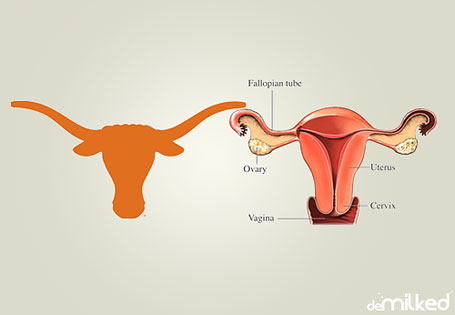Well, thanks
to The Midnight Yell, the
full contract between Texas and ESPN has emerged, and there's a bit more in the deal that could be problematic for the Big 12.
Here are some highlights of the deal:
- ESPN has exclusive negotiating rights with Texas should the school no longer be a member of the Big 12. "In the event that UT determines not to participate in any athletics conference in one or more sports, UT agrees to provide ESPN a right of first negotiation of 60 days with respect to its television telecast rights.." ESPN also has 48 hours to match any offer Texas may get from somewhere else.
In other words, if the Big 12 does dissolve, Texas can still have its own network as an independent. It's also possible that Texas can just go independent in football and remain in the Big 12 for other sports.
- Texas will get about $11,000,000 a year from the network. And that number will increase by 3% annually until ESPN gets its money back from the original investment, at which point Texas' revenues from the network will rise significantly.
- If the Big 12 created its own network, Texas couldn't be a part of it. "Neither IMG nor UT will during the Term and within the Territory i. participate in or permit the development of another "Longhorns Network" or similar network enterprise (regardless of name) related to UT" The terms of the deal are for 20 years, and the territory referred to his Texas. So if the Big 12 wants its own network and would want to feature Texas games, it's going to have to wait until 2031 to do so.
- ESPN will try to get rights to Texas high school state championship games. Obviously, this is part of the high school games deal that the Big 12 has decided to ignore for a year, but the contract states that ESPN agrees to try and get the rights for these games. Whether it will ever be allowed by the NCAA remains to be seen, but it's obvious that the Longhorn Network would love to televise these games.
Now, if you go over the contract in its entirety, a lot of what Texas wants to do makes sense. These are good business decisions for the school, and Texas has always been a school that knows how to get money out of its athletic department. Still, when going over the deal and looking at it from the perspective of another Big 12 school, it's easy to see why schools like
Texas A&M aren't exactly thrilled with it.
It's essentially a lot of words and numbers that can be paraphrased with "We're Texas, and we're more important than the rest of you."







